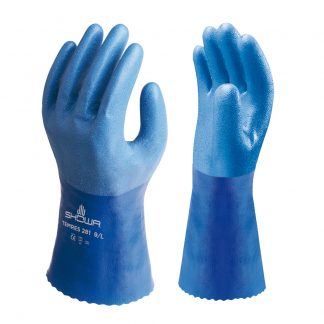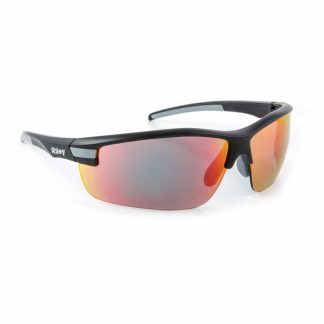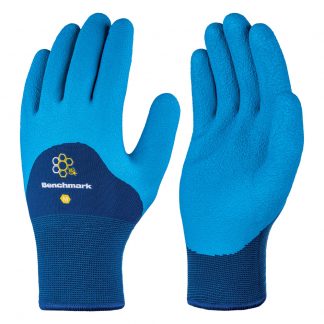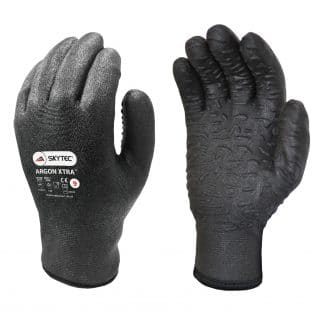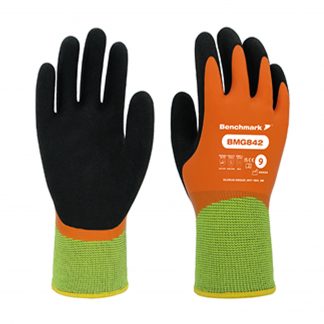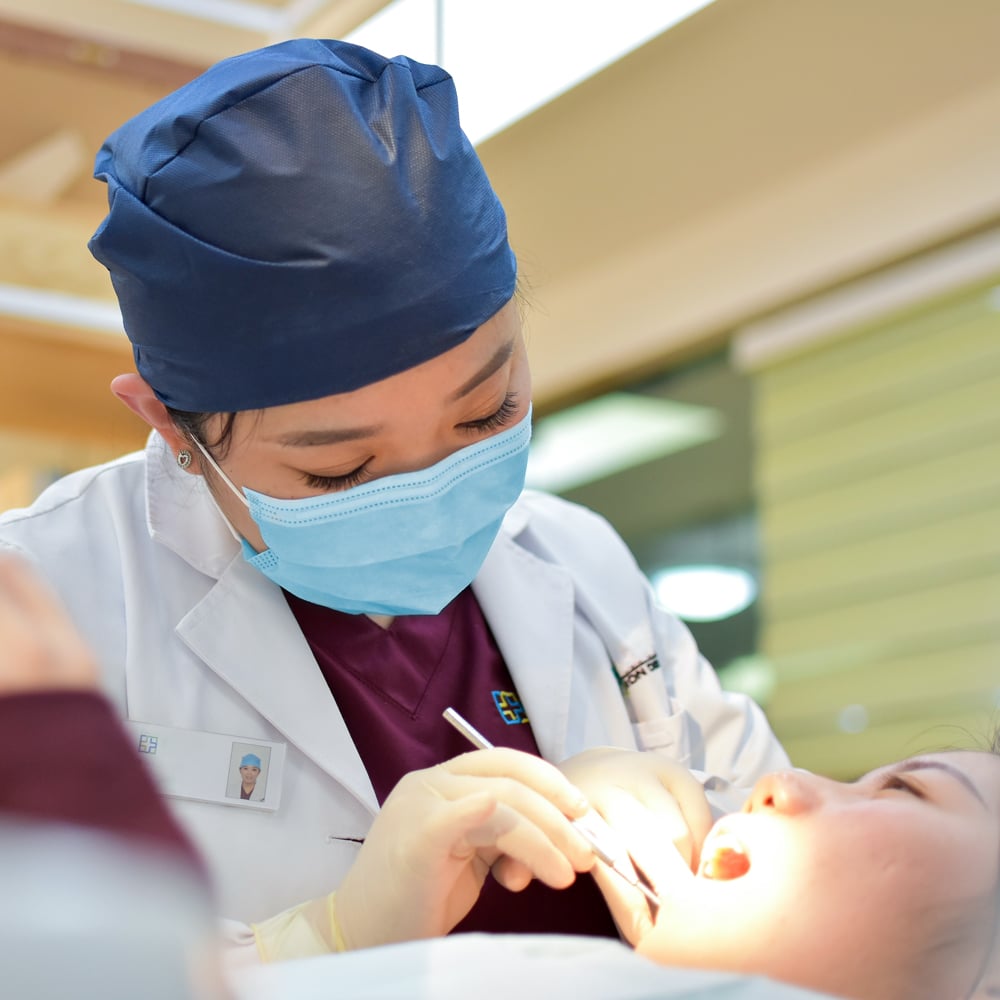
“Those working in close proximity to their clients should wear a clear face visor to protect against respiratory droplets from coughing, sneezing, or speaking”
UK Government BEIS guidelines
People up and down the UK are hailing the return of hair and beauty salons to help them to tame their post-lockdown locks. However, as social distancing is challenging, if not impossible, in most salons, PPE has become essential for hair and beauty workers. PPE is not a replacement for other risk management strategies like regular hand washing, surface cleaning, and minimising contact.
Read on to find out what PPE the Government has recommended for hair and beauty workers, and how it can help to protect workers and customers alike.
Face visors
The BEIS guidance for close contact workers, including those in the hair and beauty industry, states that those working in close proximity to their clients should wear a clear face visor to protect against respiratory droplets from coughing, sneezing, or speaking.
Face visors retail.mstore.co.uk/product/face-visor/ should be correctly fitted around the user’s forehead, and should extend down below the chin and wrap around so that it covers the whole face. They are suitable for use with glasses or face masks, and must be cleaned and sanitised in between uses.
Face masks/coverings
While hair and beauty workers themselves are not required to wear a face mask while working, the BEIS has recommended that all customers should be urged to wear face masks or coverings when they are inside.
There is a growing body of evidence to suggest that wearing a face mask or covering when inside can help to slow the spread of coronavirus. Face masks need to cover the mouth and the nose, and wearers should avoid touching their face or the mask.
Some hair and beauty workers may choose to wear a face mask as well as their clear face visor retail.mstore.co.uk/shop?product-category=respiratory-protection. As they are likely to be wearing these masks for longer periods of time than customers, an FFP mask which fits tightly onto the face and is less likely to move or slip than a loose-fitting mask, may be more suitable.
Gloves
Many hair and beauty workers already use disposable gloves, as recommended by the HSE, and will continue to do so now. There is a wide range of disposable gloves, but if you’re looking to reduce your impact on the environment, you might want to consider biodegradable gloves retail.mstore.co.uk/product/showa-6110pf/. Up to 6% of the population is estimated to have an allergic sensitivity to latex, so non-latex gloves may also be a good choice retail.mstore.co.uk/product/haika-nx435/.

